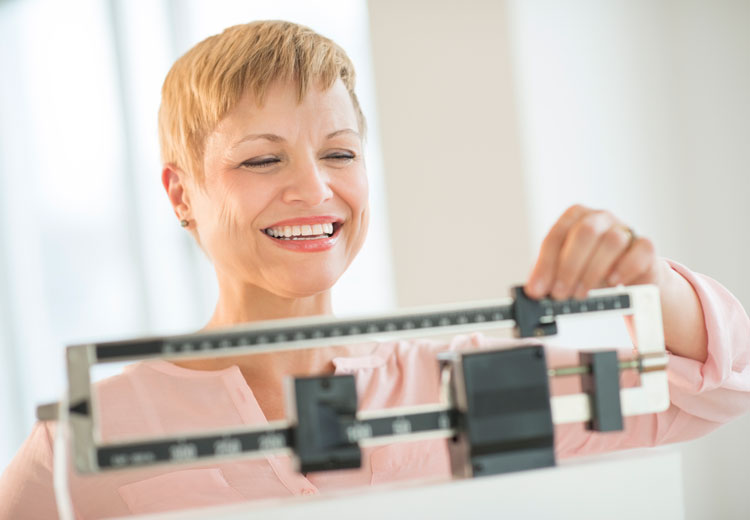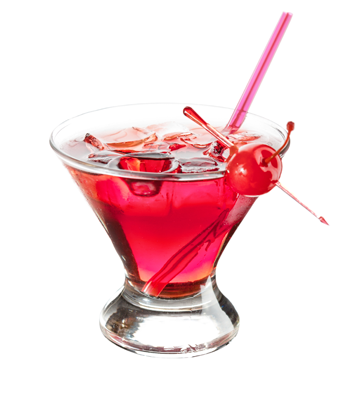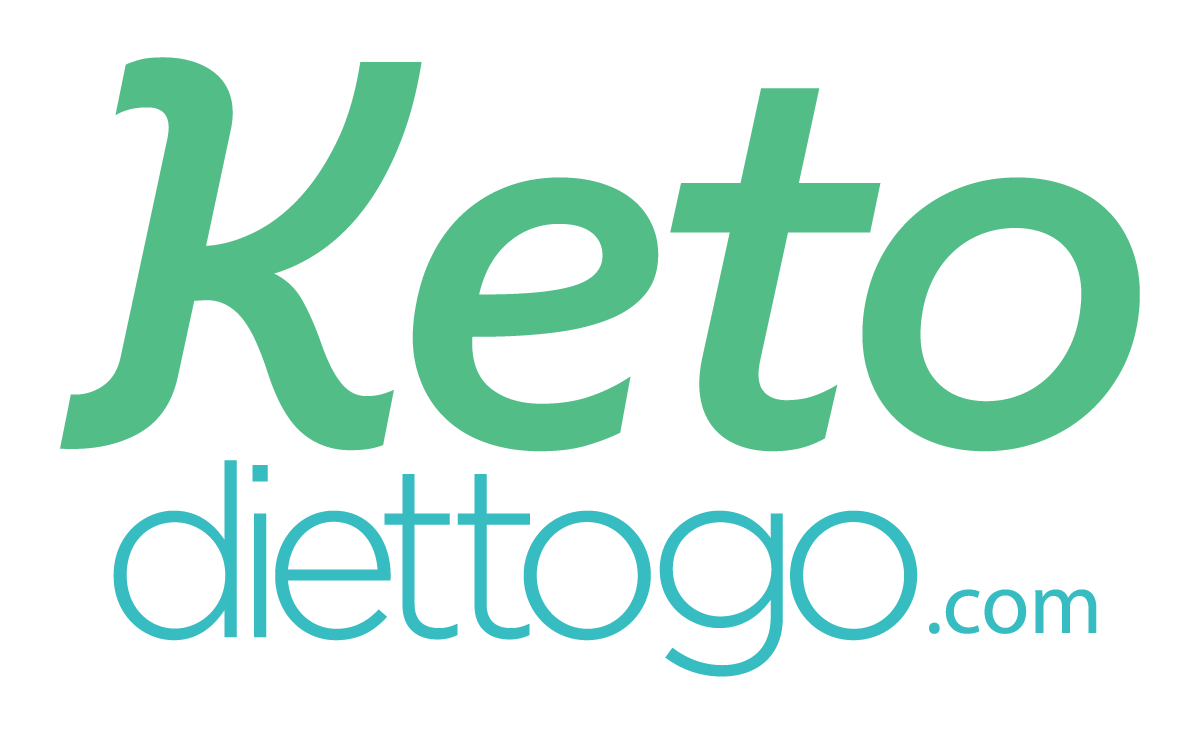How to Lose Weight (During and) After Menopause
Jun 16, 2015

It starts around age 30 – the slow, steady decline of your metabolism as you experience gradual bone loss and muscle loss. You start to notice that – eating the same foods and doing the same activity no longer maintains weight. Worse still, is that the weight you do gain mostly sticks around your mid-section because of a shift in hormonal activity.
But, don’t worry, it’s not all doom and gloom! There are several dietary fixes that can boost metabolism and diminish the effects of both middle-age and menopause.
.jpg) Focus on Lean Protein
Focus on Lean ProteinFish, cottage cheese, nuts, beans, eggs and quinoa are all lean, nutrient-rich, protein-packed dietary staples. Nutritionists recommend including some protein with every meal and snack to increase satiety. Also, if you habitually hit the gym, try to plan your meals and snacks so that you eat 15 to 25 grams of protein an hour after you work out. This helps build lean muscle, burn fat and speed recovery.
Here are some great sources of protein:
- 3 ounces cottage cheese = 12 grams protein
- 1 oz. almonds = 6 grams protein
- 1 egg = 6 grams protein
- ¼ cup black beans = 4 grams protein
- ½ cup cooked quinoa = 4 grams protein
- 1 tablespoon peanut butter = 4 grams protein
.jpg) Add Calcium
Add CalciumYour calcium needs go up after age 50, from 1,000 milligrams per day to 1,200 mg. This is because, as you approach menopause, your estrogen levels decrease and your bones absorb less calcium.
If you eat dairy, try a café au lait, yogurt, or cottage cheese, each of which contain about 300 mg of calcium per serving. Go for the non-fat or low-fat version as these have the same amount of calcium as their full-fat counterparts, but with fewer calories.
If you avoid dairy, try leafy greens (collard greens, kale), broccoli, edamame, oranges and calcium-fortified orange juice. These foods have just 100 mg of calcium per serving so a supplement may be in order.
Boost Soy.jpg) While many women believe that soy can increase their breast cancer risk because it contains plant estrogens, there is little data to support this. The misconception likely comes from studies of high-dose soy supplements, which may stimulate the growth of estrogen-sensitive tumors in animals. This again proves that it’s always better to get your nutrients from foods versus supplements.
While many women believe that soy can increase their breast cancer risk because it contains plant estrogens, there is little data to support this. The misconception likely comes from studies of high-dose soy supplements, which may stimulate the growth of estrogen-sensitive tumors in animals. This again proves that it’s always better to get your nutrients from foods versus supplements.
Plus, soy-containing foods like tofu, soy nuts, and soy milk may offer relief from mild hot flashes and are not thought to increase breast cancer risk.
According to the American Cancer Society, moderate consumption of soy foods appears safe for both breast cancer survivors and the general population, and may even lower breast cancer risk. Avoid soy supplements until more research is done.
So, enjoy your occasional tofu stir-fry or soy burger - they are unlikely to increase your risk of breast cancer and, in terms of balance, are some of the healthier options out there! (Pictured: Eggplant, basil and tofu - yum!)

Rethink Your (Alcoholic) Drinks
According to Cynthia Sass, Health magazine’s contributing nutrition editor, in addition to the calories they add to your diet—way more than you probably think—alcoholic beverages tend to be major diet spoilers. You don’t have to become a teetotaler, but consciously cutting back to, say, one drink per week, two max, can help you shed serious pounds.
Also keep in mind that red wine and other drinks may bring on hot flashes as a result of the increase in blood-vessel dilation caused by alcohol.
Modify Your Behavior According to Cutting Edge ScienceMore and more research is being conducted on weight loss and menopause. One such study at the University of Pittsburg examined eating behaviors of over 500 overweight and obese postmenopausal women. They identified those behaviors that were common in women who managed to shed pounds and keep them off.
Behaviors associated with weight loss at six months in the combined groups included eating:
- Less sugar (desserts and sugar-sweetened beverages)
- Fewer fried foods
- More fish
- Eating out in restaurants less often
After four years, behaviors linked to long-term diet success emerged:
- Eating fewer desserts and drinking fewer sugar-sweetened beverages
- Eating more fruits and vegetables and fewer meats and cheeses
Find a Diet that Works for YOUProbably the most important thing to remember is that the same weight-loss “rules” apply in your 30’s and beyond. If you take in fewer calories than you burn over a period of time, you will lose weight. Whether it is a low-carb, high-fiber, or Mediterranean diet, calorie and portion control is key.
If you don’t have the time to shop for and cook healthy meals, use a diet service to help control your weight.
We Want To hear From You!
Tell us ABOUT your experience with weight loss or weight gain as you approach menopause. What worked and what didn’t work? We want to hear from YOU!
.jpg) Author: Kristen Ciuba
Author: Kristen Ciuba
Kristen is a Nutritionist at Diet-to-Go, based in Lorton, VA. She tries to “practice what she preaches” by fitting in healthy foods and cooking, challenging exercise, and quality time with family and friends every day!









